When one person changes inside a marriage, it causes a strain. When one person changes jobs, or a career, it causes a strain. When both people change, the strain can reach breaking point. In the Watts family the breaking point came with trauma and tragedy. We have an idea about the finishline to this spiral of strain, but what of the spiral?
How did the relationship unravel? How did the individuals within that relationship unravel?
In Chris Watts’ video about relationships, just beyond the halfway mark he suggests that “it’s generally the more attractive one that leaves…”, then double’s back and says enigmatically: “I agree [with that] somewhat, and I disagree with [it].”
What do you think he means by that?
Backtracking to a few seconds prior to this statement, let’s follow the transcript:
WATTS [Reading from a prepared script]: Reasons relationships start to fall apart: sometimes you no longer find your partner attractive – physically, or in their personality. When you’re in a relationship you have to show desire, lust towards your partner….But if you want your relationship to keep going I would suggest, maybe going to a place where you first met…go bungee jumping…go somewhere that will bring the excitement back.
It’s noteworthy that Watts highlights “showing desire/lust” as something one “has” to do in order to have a relationship, and as the first reason to prevent it from “starting” to fall apart.
you have to show desire
 But the terms in which Watts expresses this are clearly off. If a relationship is deteriorating, telling yourself “you have to show desire” is probably the last thing the relationship needs. Often when a couple is put off by one another, trying to push the lust button only makes matters worse.
But the terms in which Watts expresses this are clearly off. If a relationship is deteriorating, telling yourself “you have to show desire” is probably the last thing the relationship needs. Often when a couple is put off by one another, trying to push the lust button only makes matters worse.
Probably, in a conventional relationship, especially with young adults, that lust, libido, desire and physical attractive is all there. It’s hot-wired. That’s not the problem. The problem is more likely a lack of attentiveness, sensitivity and interest, perhaps due to business or distraction or exhaustion. That’s the area one has to deal with. Intimacy. Communication. Listening. I care about you. Do you care about me in the same way or not?
WATTS: You no longer experience closeness. Or when your differences become more important than your similarities. [Looks up] You just pick-apart your partner. And you don’t see anything that you have in common any more – you just see that something he or she does and it just gets on your nerves and you just can’t let that go.
This is another interesting aspect he highlights. The growing isolation in a relationship happens because of fundamental differences that are more important than similarities.
[Glances down at his laptop] And you feel you might do better with someone else that-that you’ve met. [Looks at laptop but he’s not reading] You think that you can no longer do – that your partner is someone that you can’t be with. [Reading from the presentation] When you feel you are putting more in the relationship than you are getting out…
It’s important to remember, some of what Watts is saying here is generic relationship stuff. It’s the low-hanging off-the-top-of-my mind first Google search result vanilla stuff. That’s not what we’re looking out for. What we’re looking out for is what’s going on between the scripted stuff. When we give a prepared presentation, we stick to the prescriptions in it, but in our reinforcements, we stray from them, revealing our true feelings.
So when Watts uses as an example “picking-apart” one’s partner, that’s not in the presentation. That’s coming from his own personal and private field of reference. When he mentions not having anything in common and something [here he’s pointedly careful to make it “he” or “she”], then he uses the loaded term “you can’t let that go”.
One of the biggest unknowns in this case is Chris Watts’ sexuality. Is he bisexual or not? In what appears to be a pretty stock-standard presentation, Chris Watts is stock-standard, or is he trying to be?
The issue of Watts’ sexuality isn’t to be sensational, or to manufacture tabloid fodder out of thin air. According to the Daily Beast in a piece specifically querying the notion of Chris Watts’ “double life” [a second face] the article mentions:
A source close to the investigation [said] that Chris had affairs with both men and women. It’s unclear if Shanann knew about the alleged liaisons, [but Shan’ann’s mother said] Shanann and Chris were planning to separate. Two of Shanann’s friends [Nickole Atkinson and Amanda Thayer] said she [Shan’ann] suspected Chris was cheating on her.
So Chris Watts’ sexuality is extremely relevant to the investigation and will be a key element at the trial. His sexuality is central to why this crime happens because it cuts to the core of the actual dynamic going on between Watts and wife and Watts and the family dynamic in general. We have a red carpet rolled into his mind going into this vital area thanks to this video.
Watts is presenting [presumably] to a heterosexual audience about relationship deterioration and repair. Anyone who is heterosexual wouldn’t even consider the nuances of the sexual spectrum because we tend to accept that we’re heterosexual, most people are heterosexual.
Amanda Thayer said in an interview that Shan’ann told her when they met she had to do all the work and that he had no game. Six years into their marriage, Shan’ann confided that although she suspected infidelity, she was confident that he still “had no game”. Why was she so confident?
That’s also somewhat at odds with her own version on a Facebook Live video where she describes him sticking by her, putting up with her at her worst, and sticking around when she was pushing him away each day and continuously giving him a reason to leave, and an out. It feels like there are a lot of mixed messages here, truth and deception mixed up from both of them. Both of them seem to be presenting an idea of themselves and each other, rather than living it or knowing it for real.
The most significant verbal slip in the speech, when he goes off script is quick and easy to miss, but here it is:
…you feel you might do better with someone else that-that you’ve met. [Looks at laptop but he’s not reading] You think that you can no longer do – that your partner is someone that you can’t be with.
It’s in the way he frames the response to doing better with someone else.
You think that you can no longer do…
It could be he’s referring to the idea of living a double life, and finding “you can no longer do it” or “you can no longer do it to yourself”. This is exactly the sort of inner monologue a bisexual or gay person might have when they decide they can’t or won’t continue living out their ruse. “I just can’t can’t do it any more. I can’t live like this.” To be fair, it could also be Watts simply misreading from the line above [“do better”]. When we actually join those words to what he was originally saying we get:
You think that you can no longer do better…
When re watching this moment, where he interrupts himself after the word “do”, he’s actually looking down at that moment. He’s not reading. At the moment he makes the slip his head jerks slightly and he returns to his script. The looking down while going off script suggests introversion, closedness and tension regarding this aspect.
So, returning the original question:
Who changed more during the course of their six year marriage? Who changed more physically? Who changed more sexually? Who had the greatest personality change? Which partner became more attractive vis-a-vis the other?
At trial, this will be a vital question, because the one who changed the most grew the most, and the one who became the most attractive would have most wanted out when things went south.


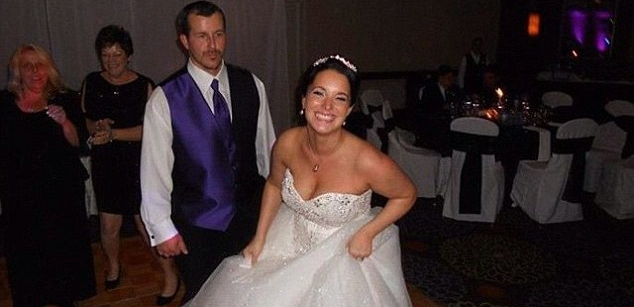
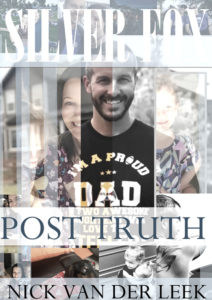
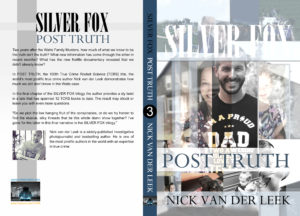
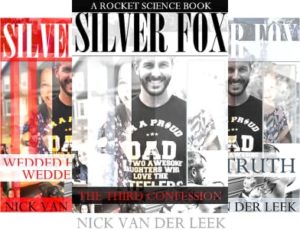






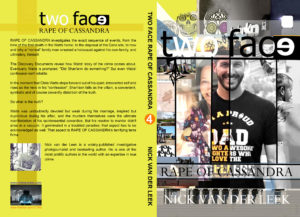
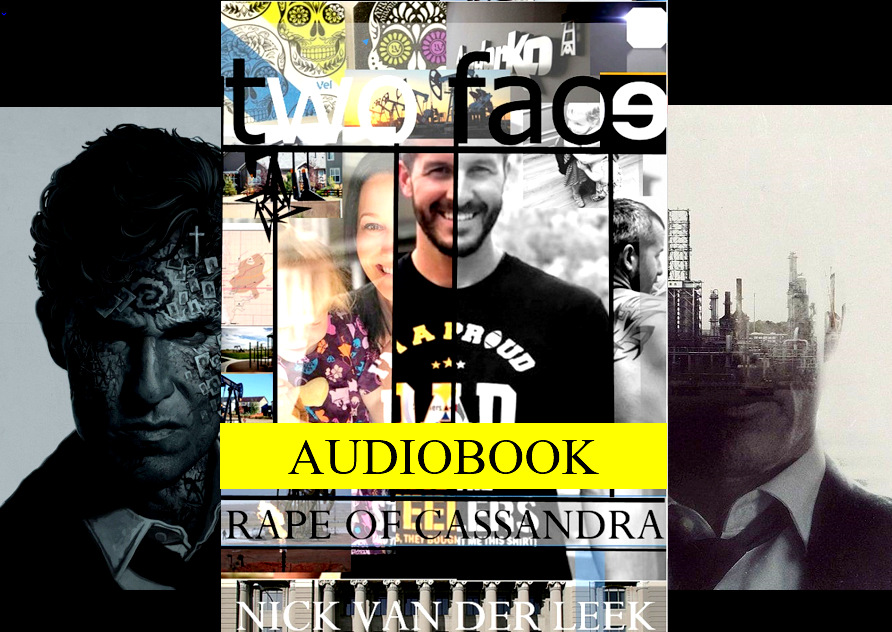
Recent Comments